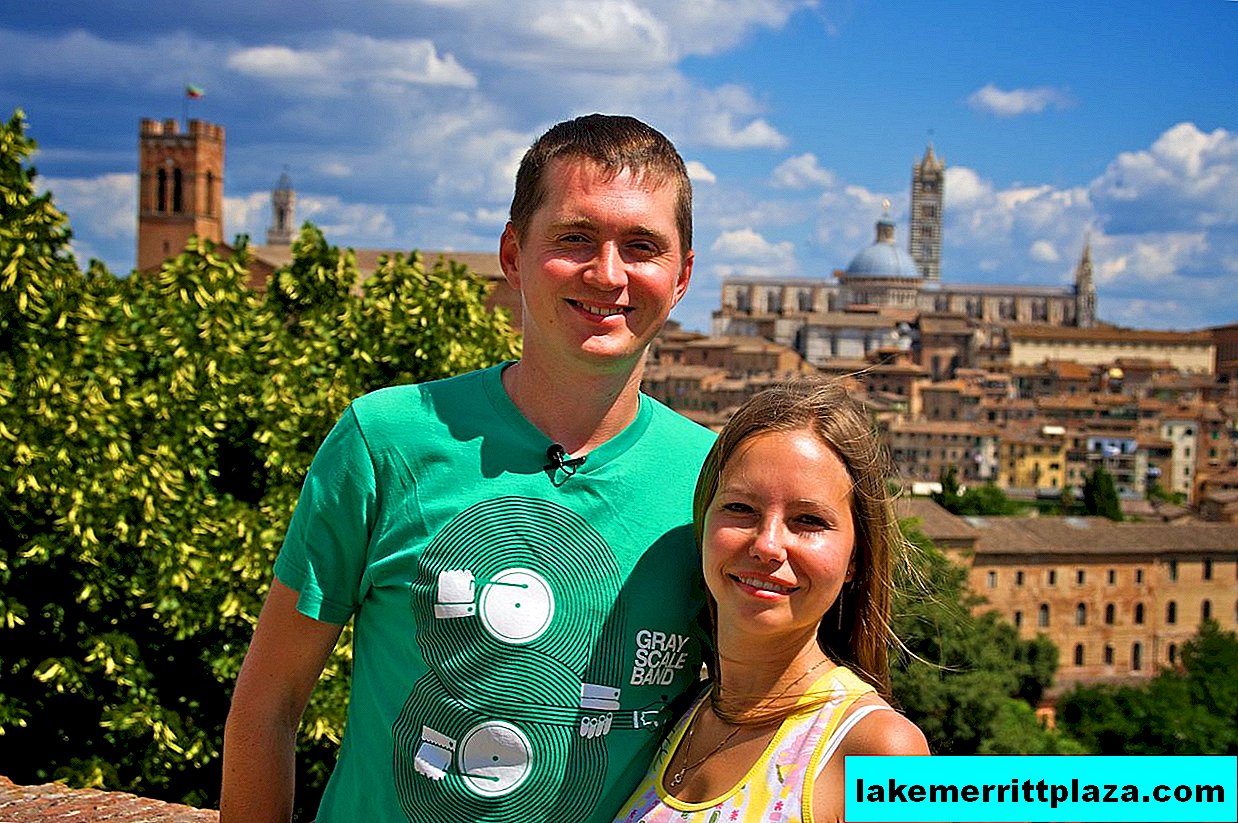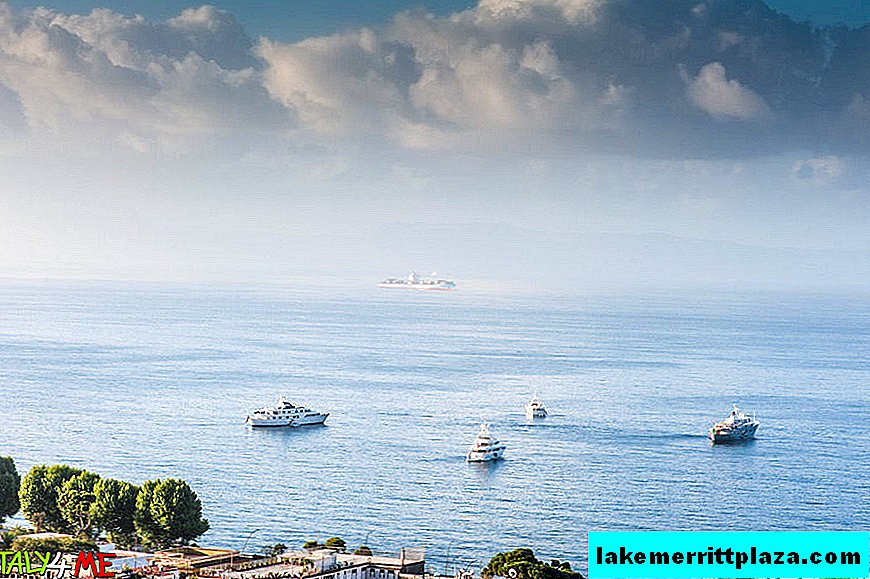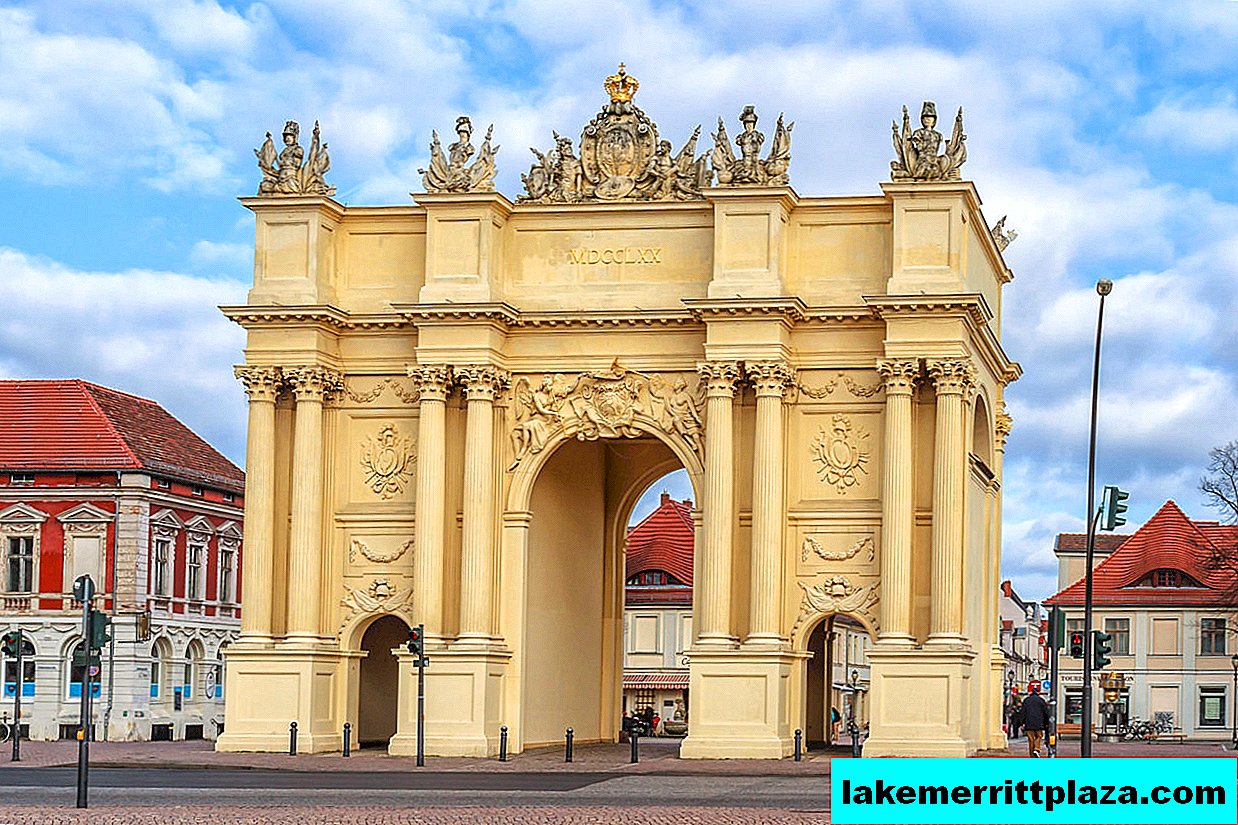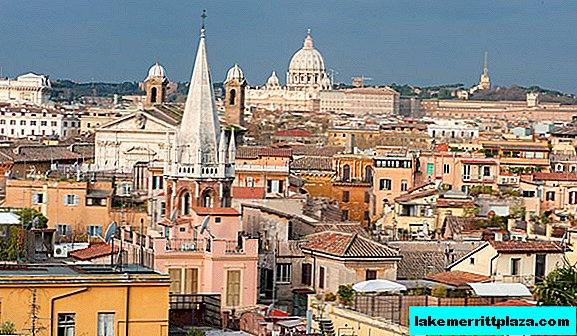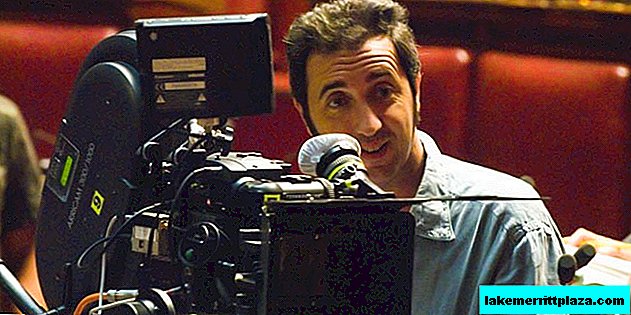In Dresden there is a Russian Orthodox church. It is called the Church of St. Monk Simeon Divnogorets and was built for the Russian ambassadors living and working in the city.
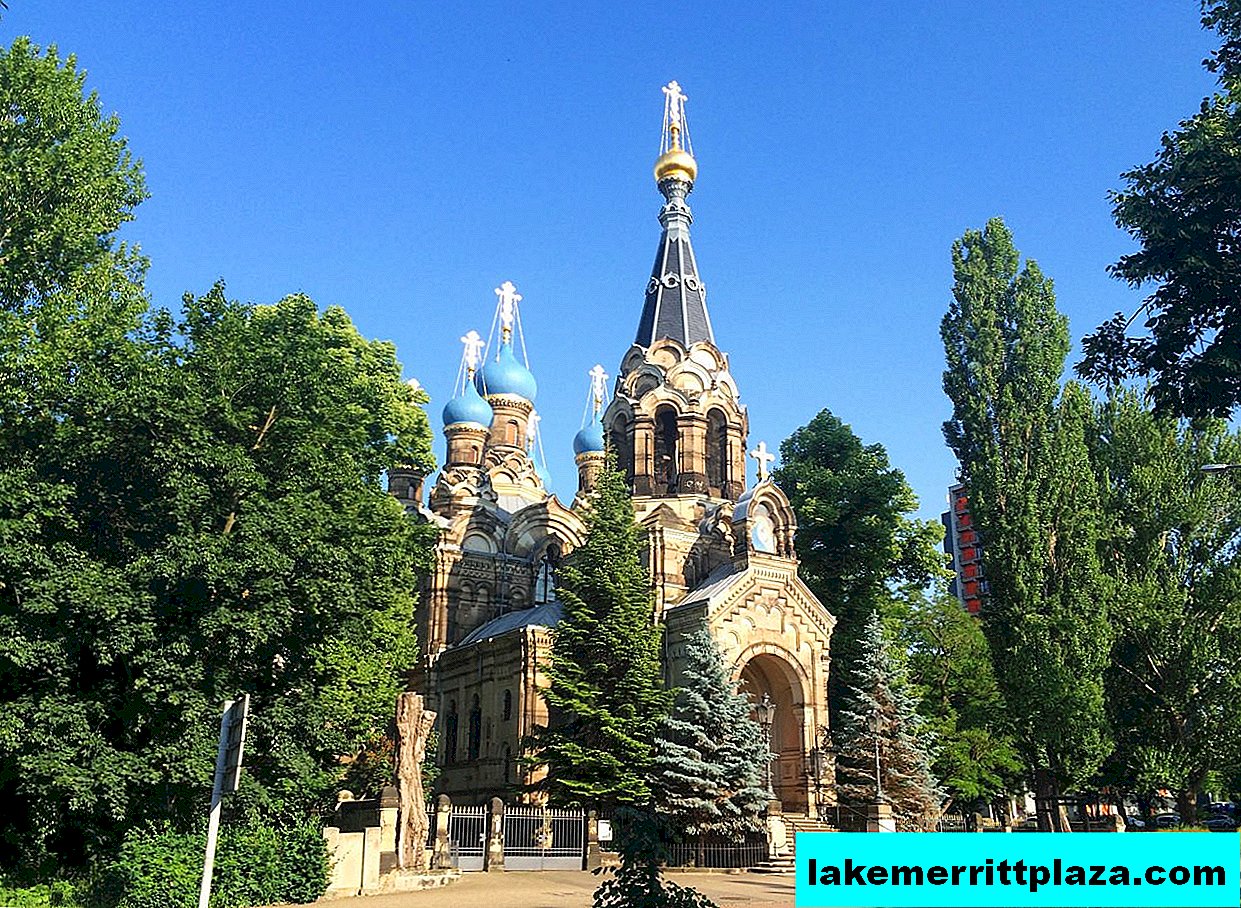
Church of St. Simeon Divnogorets (Russisch-Orthodoxe Kirche), photo by Sven Wusch
The Church of St. Reverend Simeon Divnogorets (Russisch-Orthodoxe Kirche des Heiligen Simeon vom wunderbaren Berge) is a Russian Orthodox church in Dresden. It refers to the Eastern Deanery of both the Berlin and German dioceses of the Orthodox Russian Church. The rector is Archpriest George Davydov. There are about 1000 parishioners of the church. These are Russians, Greeks, Bulgarians and people of other nationalities.
Dresden Church was built in 1872-74. in the Russian-Byzantine style. Its base is an elongated quadrangle cut by a gallery, which is the transverse knee of the Greek cross with equal sides. The main building, crowned with five blue chapters, rises above the middle of the cross.
Above the western part of the building is a bell tower 40 meters high, ending with a pyramidal octagonal top with a golden dome. The temple is decorated with a variety of kokoshniks, arches and pilasters. The walls of the church are made of Thuringian sandstone.
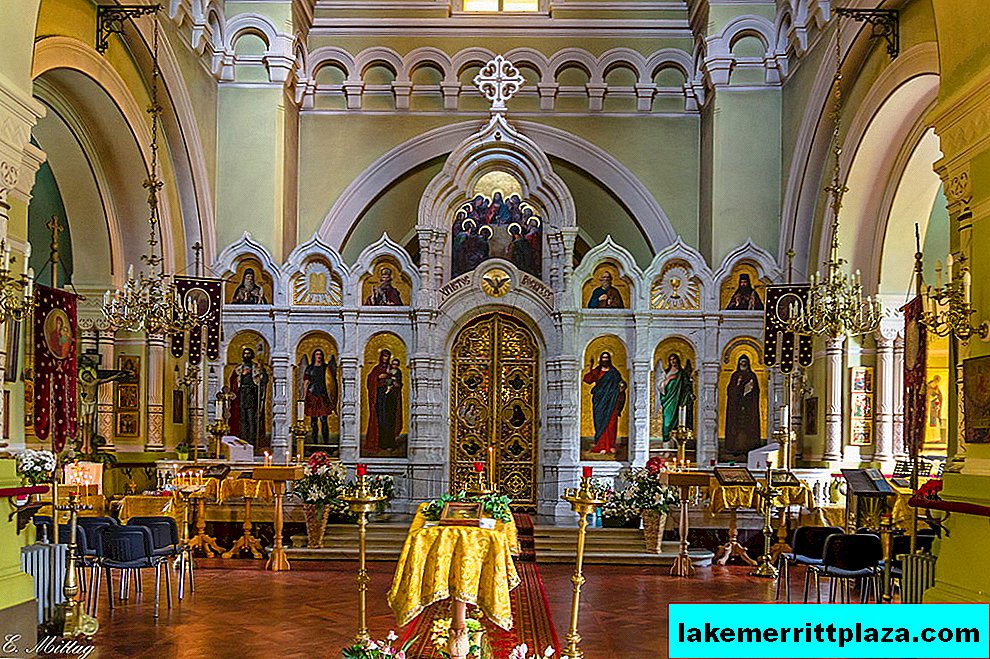
The interior of the church, photo Lucie0815
On the walls of the temple you can see two commemorative plaques: a temple and a plaque in memory of a visit to the church by Emperor Alexander II.
Interestingly, the first choir of the church consisted of four singers from the Dresden opera.
During the war, the temple was damaged, but was rebuilt in 1952.

Divine service
How to get there
Take the tram to the Reichenbachstraße stop.

